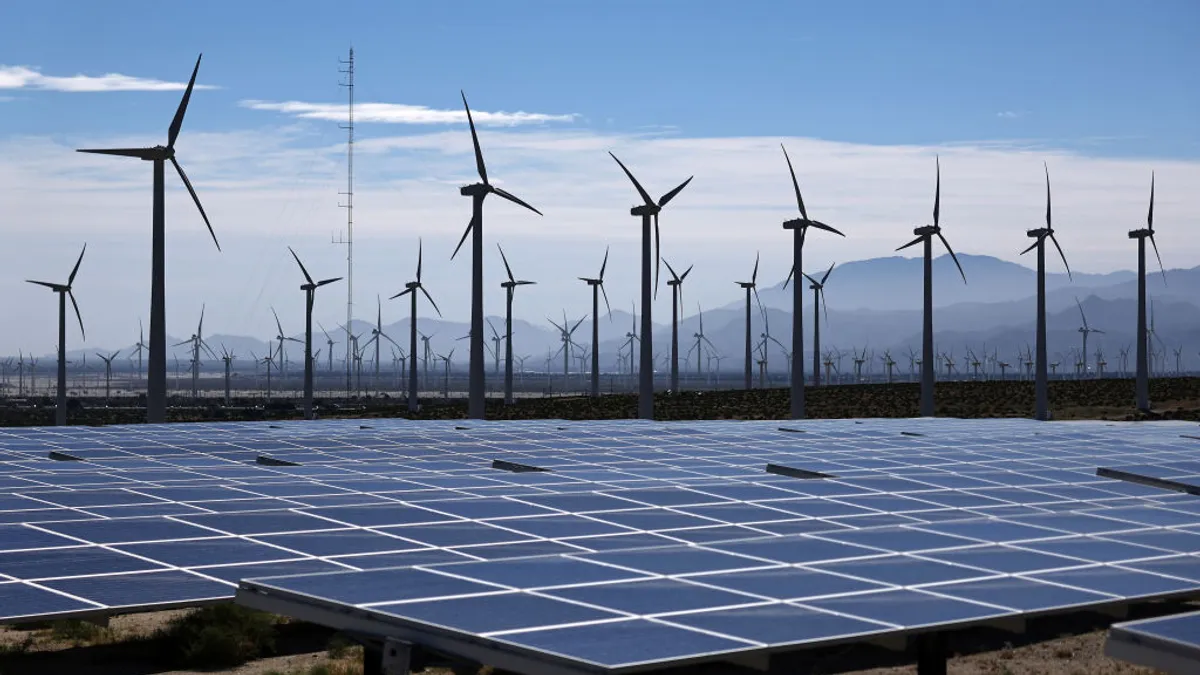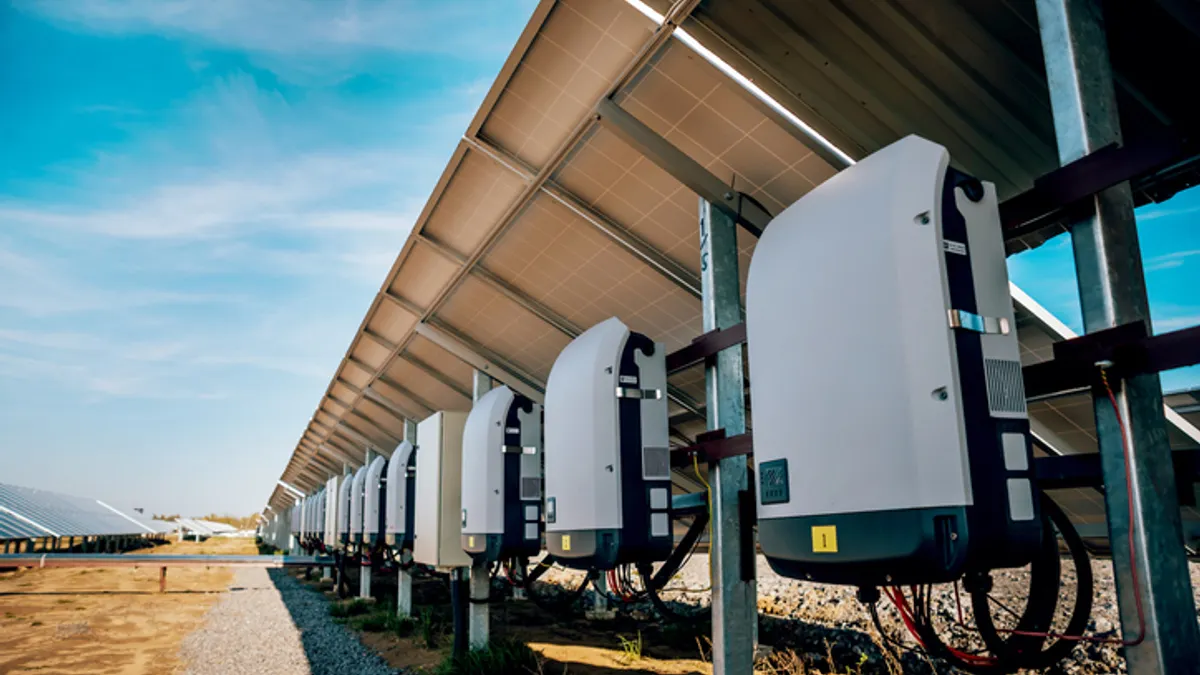Dive Brief:
- Southern California Edison has agreed to pay $2.2 billion to resolve subrogation claims filed by insurance companies related to the 2018 Woolsey Fire, which burned nearly 100,000 acres and caused three fatalities in Southern California, the utility announced Monday.
- The latest settlement is "another significant step toward resolving pending wildfire-related litigation," parent company Edison International's President and CEO Pedro Pizarro said in a statement. SCE has now resolved all subrogation claims related to the 2017 and 2018 fires and mudslides, and "continues to explore reasonable settlement opportunities with other parties," Pizarro added.
- The utility is simultaneously facing criticism for its management of its upstream lighting program, which offered manufacturer rebates to promote energy-efficient lightbulbs, prompting the agency's Public Advocates Office (Cal Advocates) to recommend financial penalties of $140 million.
Dive Insight:
The Woolsey Fire, which was sparked in November, 2018, destroyed more than 1,600 residential and commercial structures, according to the California Department of Forestry and Fire Protection. Nearly a year later, SCE said in a filing with the U.S. Securities and Exchange Commission that the fire was likely caused by its equipment.
The utility has estimated that its potential losses connected to the fires and mudslides that occurred in its service territory in 2017 and 2018 — including the Woolsey Fire — are around $4.6 billion, excluding potential fines and penalties. SCE in September also agreed to pay out $1.16 billion to settle insurance claims related to two wildfires that occurred in its service territory in 2017, as well as mudslides the following year.
Meanwhile, Cal Advocates is asking regulators to fine SCE $140 million, for violations related to the state's upstream lighting program. The program was part of a slate of ratepayer-funded energy efficiency programs managed by the utility, and delivered significant savings before it was discontinued in late 2019, the office said in a filing last week.
The program essentially offered manufacturers rebates for energy efficient light bulbs, that would then be passed on as discounts to customers. In 2017, the program's focus transitioned from just targeting large stores, like Home Depot, to including smaller retailers like grocery stores, low-income markets and discount shops.
However, an evaluation of the program in 2017 found that an unusually large number of bulbs were transported to small stores in SCE and San Diego Gas & Electric's service areas, and that the sales volumes reported by both utilities outpaced what the market could have supported, according to Cal Advocates.
The utilities' role in the program was to provide manufacturers with ratepayer money to make the light bulbs less expensive at the point of sale, Mike Campbell, program manager with Cal Advocates said.
"This mismanagement by [SCE] is so rampant that it's on the utility to demonstrate that they actually paid for bulbs that exist, and that they actually managed the program correctly," he added.
The report estimated that 80% of SCE's bulbs and 95% of SDG&E's bulbs shipped to discount and grocery stores in 2017 were either overstocked or simply missing.
In total, the evaluators were unable to track down around 15 million light bulbs, ratepayer group The Utility Reform Network (TURN) said in a filing supporting the recommendation to fine SCE. Out of 69 retailers interviewed by Deloitte & Touche LLP in an investigation into the program, 51 said they were overstocked, more than 33 recounted giving away lightbulbs for free to get rid of their stock, and one who still had excess stock asked the evaluators to take the bulbs away.
In December, SDG&E agreed to a fine of $5.5 million and to refund ratepayers more than $45 million as part of a settlement with Cal Advocates and TURN.
In its filing, Cal Advocates said that SCE had mismanaged the program, depriving ratepayers of energy savings and emissions reductions. In addition, the office raised concerns about the utility's actions during the proceeding, including conducting a "slow and ineffective" investigation that "reflects a lack of accountability and an evasiveness toward the regulatory process."
In addition to the $140 million fine, the office recommended ordering SCE to refund customers $124.6 million, stemming from program expenses as well as energy savings incentives it was paid in 2017, 2018 and 2019.
"Southern California Edison is reviewing the comments filed with the California Public Utilities Commission on January 20 by The Utility Reform Network and the California Public Advocates Office, which SCE believes recommend excessive penalties and refunds not commensurate with the issues raised," SCE company spokesperson Ron Gales said in an email.
Gales added that the utility late last year acknowledged shortcomings in how it managed the upstream lighting program while submitting the results of the third-party investigation to the CPUC.













